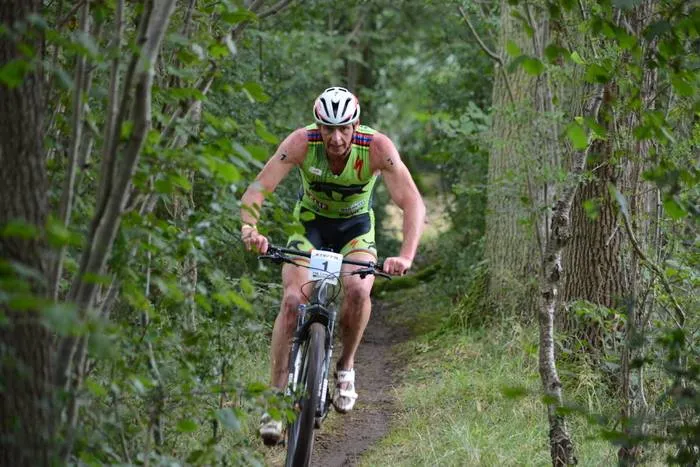Wondering whether going out for a few drinks occasionally will affect your careful training and race-day performance?
Our experts Andrew Hamilton, a sports scientist and experienced triathlete, and four-time Xterra world champ Conrad Stoltz give their thoughts…
Watch out for dehydration
It depends very much on how much and how often you drink. Assuming that you’re not going on a bender each week, it’s unlikely that three or four pints of beer on a Saturday night will have a major impact on your general health. However, it may well affect your performance, especially if you plan to train or compete over the following days.
There are two reasons for this. Firstly, alcohol promotes fluid loss by depressing production of the hormone vasopressin. Vasopressin helps to ensure the concentration of fluids in blood and body tissues is appropriate and interference with its action leads to an increased loss of body fluid from urination, which can contribute towards dehydration.
To make matters worse, alcohol-induced fluid loss can lead to the additional loss of key electrolytes like magnesium, potassium and calcium, which are involved in nerve and muscle action during exercise.
Research has shown that two litres (3.5 pints) of medium-strength beer after exercise can lead to significant dehydration, delaying the process of recovery. However, consume weaker beers (2% or less) and the dehydration effects of alcohol become negligible.
A knock-on effect of dehydration is that muscle glycogen synthesis (which requires water to ‘fix’ the glycogen into the muscles) can be impaired. This is exactly what you don’t want after training, when the goal is to recover and replenish your stores of muscle glycogen as rapidly as possible!
And even when dehydration isn’t an issue, alcohol can still interfere with the synthesis of liver glycogen, which acts as an energy reservoir, helping to smooth out energy levels during exercise.
For all these reasons, while a few drinks occasionally aren’t going to harm you, it’s probably better to give alcohol a complete miss during periods of heavy, daily training – and certainly in the run-up to competition.
Enjoy the small pleasures

I believe that to be successful in life you need to have a sustainable lifestyle – whether that be the sports you participate in recreationally, your job or whatever you’re passionate about (adds Conrad Stoltz).
I’ve been racing triathlon professionally for over 20 years now and I believe my longevity is largely attributed to living a healthy, balanced lifestyle without going to extremes in an attempt to better my performance.
I know that ultimately it’s this balance that will make me a more successful athlete in the long run, and by overdoing things I know I could burn out and my career could end prematurely.
I don’t do diets or blocks of training that are unrealistically exhausting, and I take the time to pursue hobbies and interests outside of triathlon.
Although I love my training and try to eat and drink healthily most of the time, I also really enjoy the small pleasures in life – coffee and cake are my favourite treats after hard sessions, and I particularly enjoy good beer or wine.
I really have a taste for the various flavours of craft beer. I also live in Stellenbosch, the heart of the South African wine country, so I have a wide selection right under my nose. In fact, I have a beer or wine just about every day.
It adds taste and variation to my diet, helps me relax after a long day and it feels like a reward for hard work. Good wine also enhances the taste of food and brings friends together!
Although alcohol may have a small detrimental effect on training and performance, this is offset by being happy and content, and not depriving myself of something that I actually really enjoy.
Having said all this, going out and getting hammered all the time is probably not the best thing to do for sporting performance or life in general! Like everything in life, enjoy in moderation!
Top image credit: Matt Alexander
